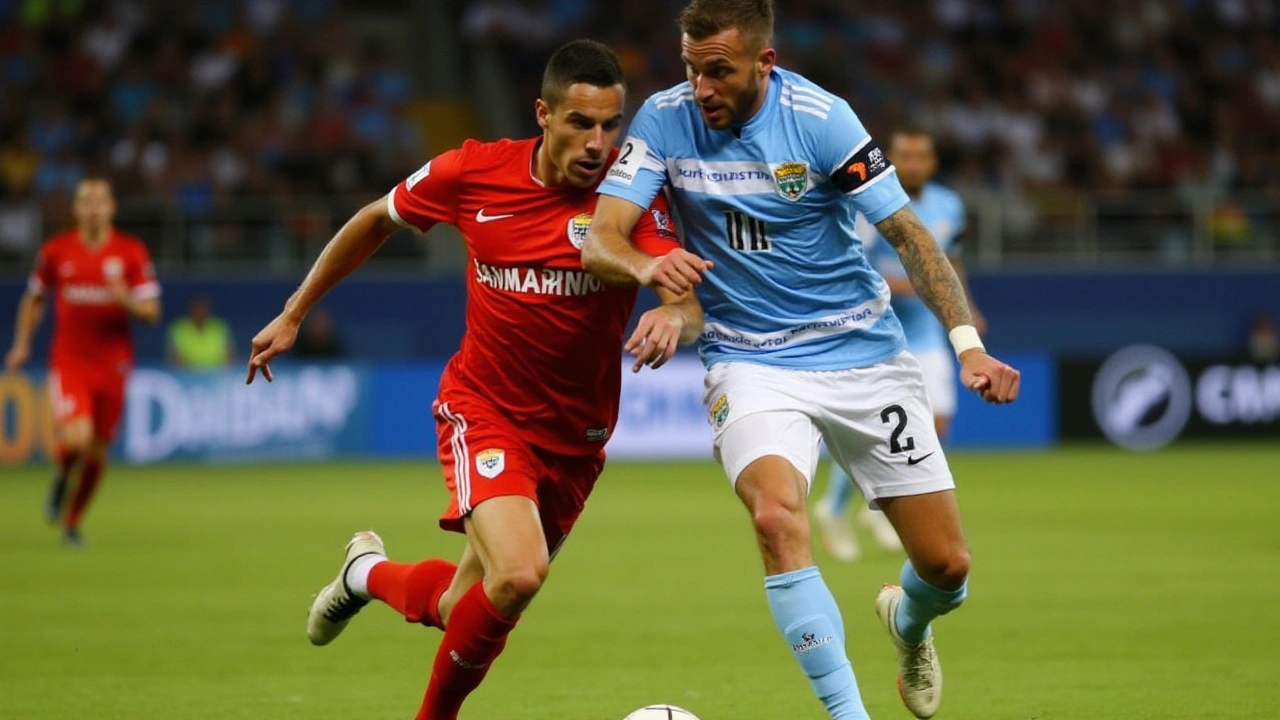FIFA Rankings: What Are They and Why Should You Care?
If you've ever wondered how national football teams are ranked globally, you're looking at FIFA rankings. These rankings rank teams based on their performance in international matches, giving a snapshot of who's on top in world soccer. But it's not just about bragging rights; these rankings influence tournament seedings and shape how teams prepare for big events.
How Do FIFA Rankings Work?
FIFA calculates team rankings by assigning points for every official international game played. Wins, draws, and even the strength of the opponent factor in. For example, beating a top-ranked team earns more points than defeating a lower-ranked squad. The system updates after every international window, keeping the rankings fresh and reflective of current form.
The points earned are also weighted by the importance of the match. Winning a friendly match doesn’t give as many points as a World Cup qualifier or the World Cup itself. This method ensures that teams performing well in key competitions get rewarded accordingly.
Why Do FIFA Rankings Matter?
For fans and players alike, FIFA rankings add an extra layer of excitement. They affect how teams are placed in tournament draws, which can be a huge advantage. For example, a higher rank often means avoiding other strong teams early on, making the path to trophies a bit easier.
Besides tournaments, nations use these rankings to set targets and measure progress. Coaches and federations track their movement on the list to see how well their team is doing against the competition worldwide. It's a clear indicator of success or areas that need improvement.
So next time you check who’s climbing or falling in the FIFA rankings, remember it’s more than numbers—it's football's global stage reflecting form, persistence, and ambition.

San Marino Secures First Victory in 20 Years, Ending Historic Losing Streak
San Marino, known as the world's worst football team, achieved a historic victory by defeating Liechtenstein 1-0 in the UEFA Nations League. This win, driven by a goal from young midfielder Nicko Sensoli, marks their first competitive success in two decades. The victory ended a 140-match winless streak, bringing hope and celebration to the small nation.
